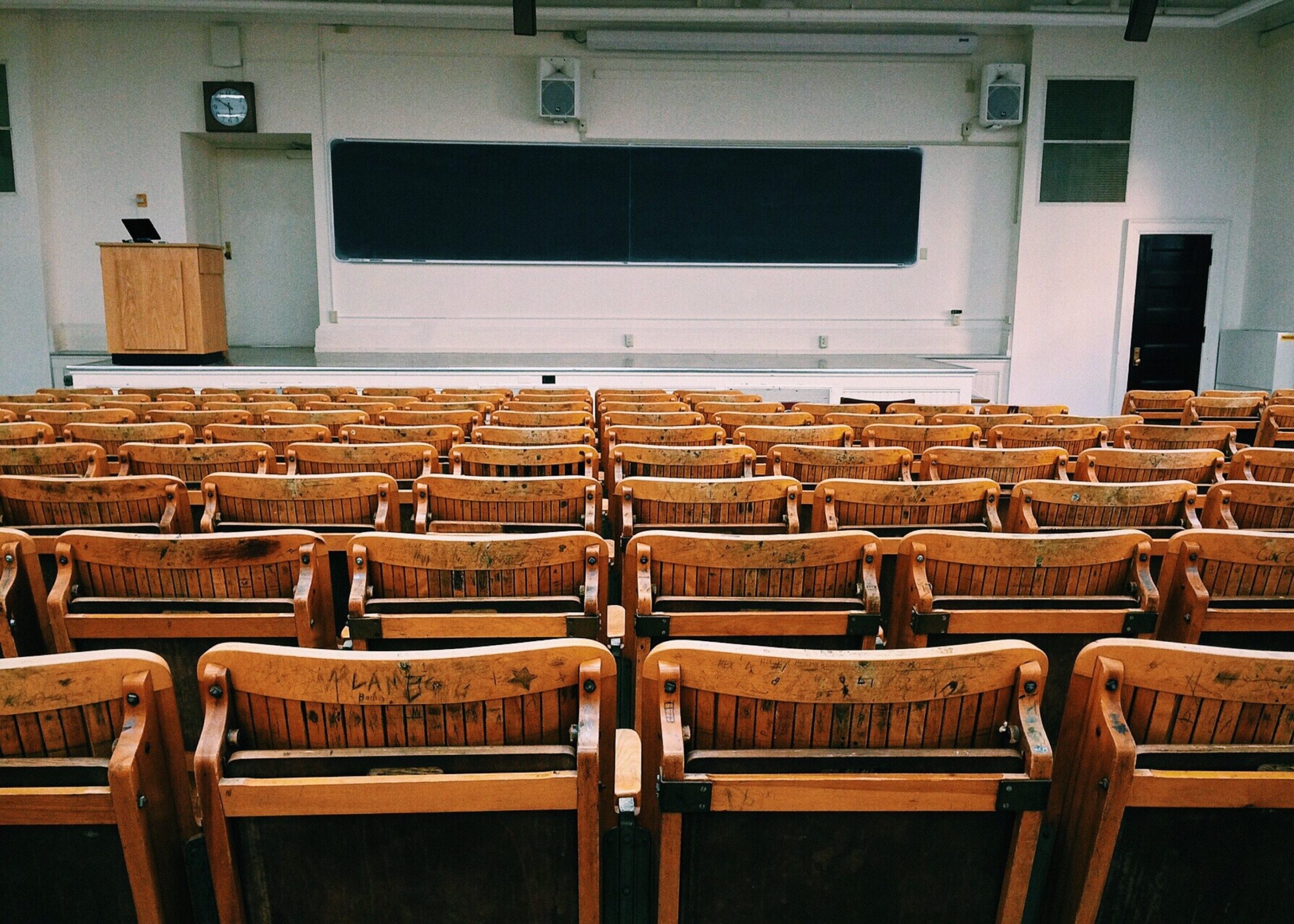Will Law Schools Lose Their ABA Accreditation?
- by
- Dec 30, 2020
- Law School Admissions, Law School Advice
- Reviewed by: Matt Riley

All pre-laws will eventually find themselves wondering if they should attend ABA-accredited law schools or non-ABA-accredited school. What’s the difference? it basically boils down to the ability to sit for the bar exam. ABA-accredited-school graduates are eligible to take the test in every state. The ABA keeps a list of the 200-ish accredited law schools, many of which you likely already know about.
What you might not know is that a law school can lose its accreditation status if it doesn’t meet certain ABA criteria. In a normal year, law schools generally don’t worry about this, but 2020 wasn’t a normal year. COVID-19 has upended many industries and might cause some law schools to lose their accreditation.
Let’s back up a little to give a brief overview of how a law school becomes accredited. The ABA outlines an intense number of standards (i.e. requirements) that a school must meet to become approved. It can then only be removed by the Section of Legal Education and Admissions to the Bar Council (say that five times), or if the school closes. If a school fails to meet standards, it risks losing its status. The standards are meant to ensure that all law students receive an adequate legal education according to the ABA’s definition, and that the students are well-prepared to take bar exams (and, by extension, become competent lawyers).
Recently, the ABA released a memo about Standard 316, which states, “At least 75 percent of a law school’s graduates in a calendar year who sat for a bar examination must have passed a bar examination administered within two years of their date of graduation.” The memo confirmed that the ABA will not suspend Standard 316 despite the strain COVID-19 has placed on law schools and students.
How difficult is it to meet that 75-percent passage rate? The top law schools are in the 90th percentiles, but some schools hover below 75 percent. Among first-time bar examinees from Golden Gate University, only 47 percent of them passed the bar. One may involve the law school not being selective enough in who it admits. So, one solution law schools may consider is to become stricter during admissions. However, the ABA memo is giving ABA-accredited law schools the chance to utilize these unprecedented times as a reason for this year’s numbers by sharing specific grievances with the Council for the Council’s consideration in determining compliance.
Any law school worth its tuition should produce graduates that can pass the bar exam. Yet, the COVID-19 crisis has forced many schools to switch to online classes, a move that not many (if any) students had ever considered. Virtual learning comes with its own set of challenges for disadvantaged student groups; lack of stable internet or a quiet environment can make it hard to attend classes. Add in the stress of living through a global pandemic and professors who never taught online, and it becomes increasingly difficult to focus on studying. What’s more, stay-at-home orders forced some examination dates to be postponed or canceled, blocking graduates from practicing law.
It’s no wonder many states took drastic measures to help law school graduates cross that big hurdle between graduation and starting their careers as licensed attorneys. For example, Michigan and Florida offered a remote exam, a move similar to LSAC’s when they introduced the LSAT-Flex. California, North Carolina, Oregon, and Washington lowered Bar Exam passing scores during the pandemic. Other states, including Louisiana, Utah, and Oregon offered Emergency Diploma Privilege, which offers admittance to the Bar without taking an exam. The National Conference of Bar Examiners keeps a running list of each state’s options.
Even with these compensatory measures, it’s still uncertain how many law students’ bar exams were adversely affected. But it’s not a stretch to imagine the data will not look anything like previous years’. You would think this is the year when a school’s bar passage rate wouldn’t matter and that Standard 316 should be temporarily waived. Even if the pandemic continues through next year, students and schools would have a better idea of what to expect and can pivot accordingly. However, the ABA is still holding schools accountable for meeting that standard, albeit with a huge asterisk; schools can at the very least describe how COVID-19 affected their operations and performance.
Here’s the big question: if the ABA is upholding Standard 316, will it really hold it against the law schools that did not meet the minimum due to exam cancellations or a dip in scores this year? If so, many law schools’ accreditations might be on the line. Granted, the ABA looks at passage rates from a two-year period and not just a single year. This means that while COVID can explain lower scores in 2020, that answer won’t suffice for low scores in 2019 or even the future. It might certainly help explain some things, but it’s not a complete scapegoat.
So, how does this affect you, as a pre-law? This is even more reason to try to attend the best law school you can! You don’t want to start your education at a school that loses its accreditations and/or closes its doors. ABA-accredited law schools teetering on the low-end of the acceptable bar passage rate right now might be plunged below the 75-percentage pass rate required by Standard 316, at least partly due to the global pandemic. Keep that GPA up and prep for the LSAT to get a high LSAT score. The more competitive your application, the bigger pool of ABA-accredited schools you’ll have to choose from!

Search the Blog

Free LSAT Practice Account
Sign up for a free Blueprint LSAT account and get access to a free trial of the Self-Paced Course and a free practice LSAT with a detailed score report, mind-blowing analytics, and explanatory videos.
Learn More
Popular Posts
-
logic games Game Over: LSAC Says Farewell to Logic Games
-
General LSAT Advice How to Get a 180 on the LSAT
-
Entertainment Revisiting Elle's LSAT Journey from Legally Blonde








